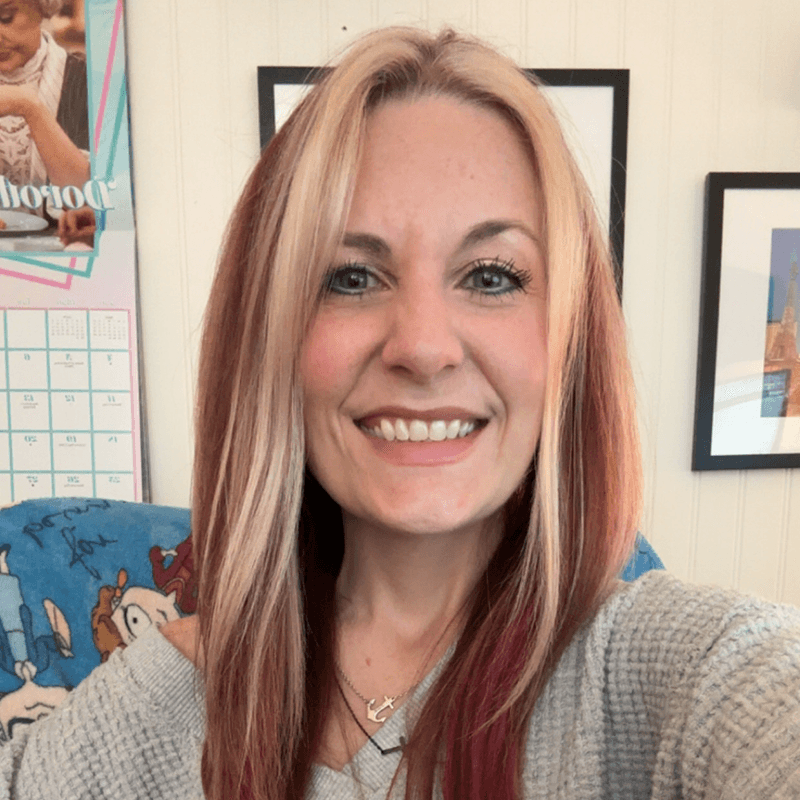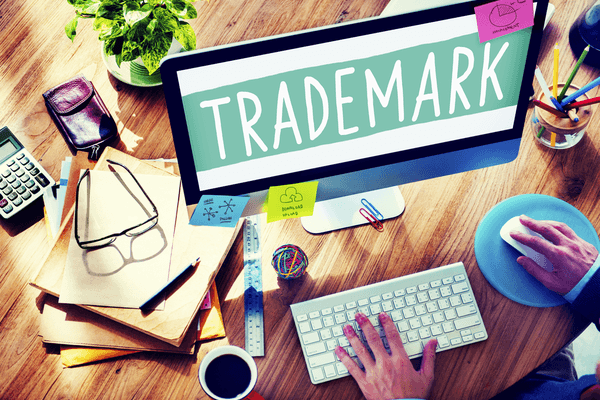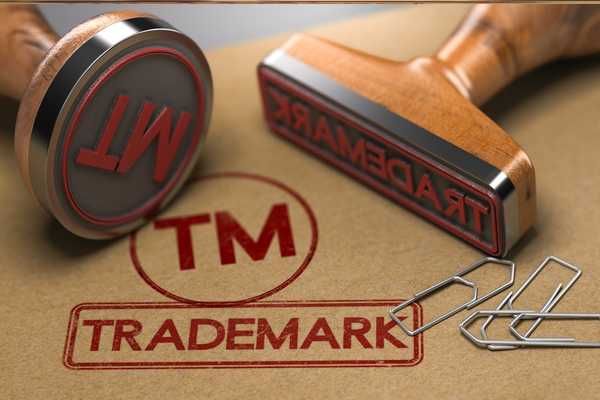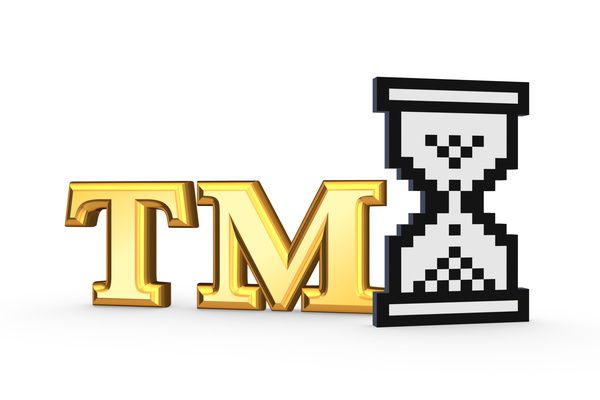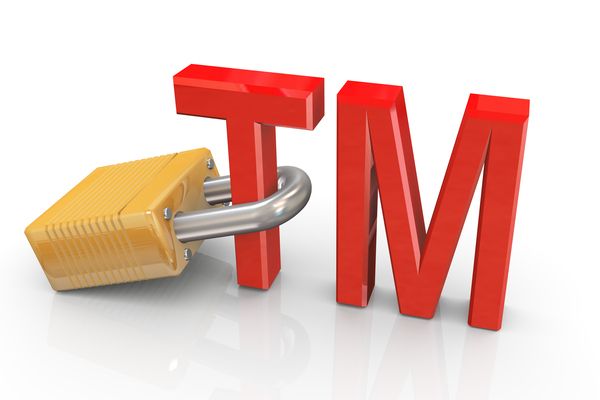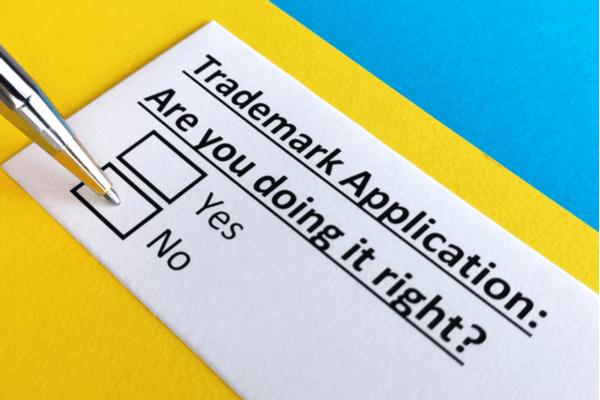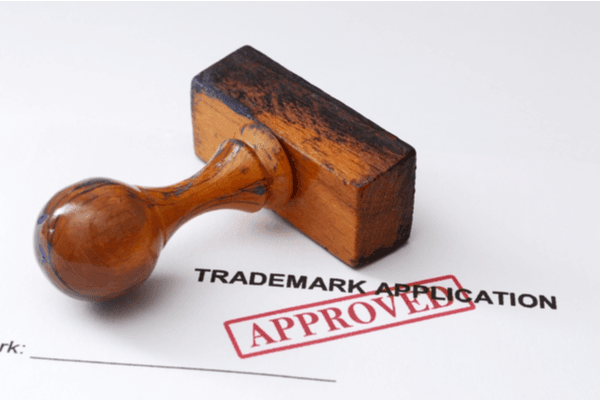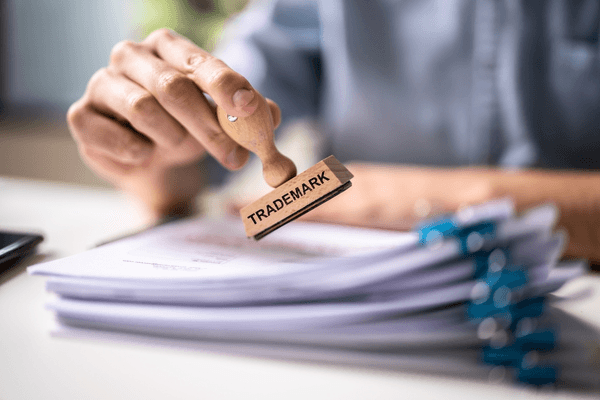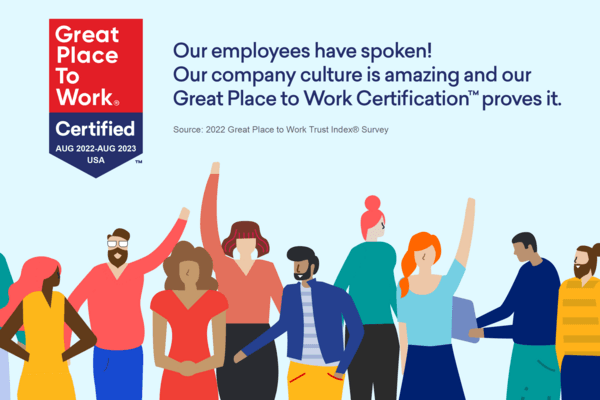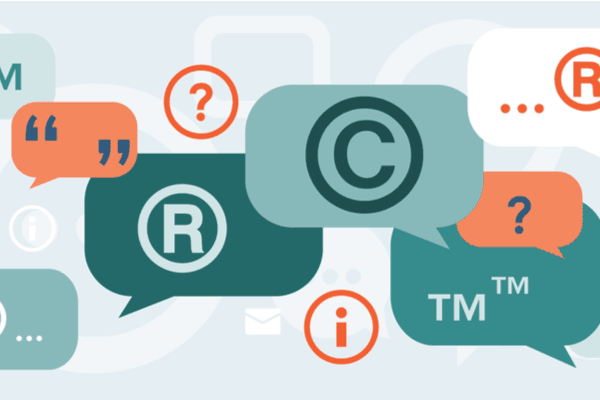
What's in a name?
A lot, it turns out. A nonprofit organization's name is like a firm introductory handshake, giving your target audience a first glimpse of who you are. Whether you are courting a new board member or writing a grant to a foundation, your name matters. With an estimated 1.3 million charitable organizations in the US, competition for funding is keen. A well-chosen name can propel you into the limelight.
Most states recognize two major types of nonprofit organizations. The first type is not operated for profit but doesn't have charitable goals. Their name is often their mission. Is there any doubt why the Friends of the San Diego Public Library exists?
The second type is a charitable association created to address a societal problem or fill a need. These may have a less direct name, such as Goodwill Industries.
Spend some time making your list of potential names. A momentary flash of brilliance in the shower or a vivid dream are signs your unconscious is hard at work. Bounce ideas off friends or partners. Capture as many of them as you can.
These five tips will help you arrive at the right name for your nonprofit organization:
1. Be Descriptive
Choose a name that helps the public understand your purpose. Your nonprofit's name can allude directly to what you do (Feeding America) or be as catchy as a product name in the commercial world (Make-A-Wish Foundation).
Avoid jargon and acronyms. Unless they become household names, like the ASPCA, such monikers will not ring a bell with your audience. Any logo and visuals you develop will also flow from the name you choose. Keep it simple and memorable.
If you choose to trademark your nonprofit name or brand, it’s essential to note many trademark applications receive an office action called Merely Descriptive. If your name simply describes the product or service you’re offering, there’s a high chance that the USPTO will reject your application.
Keep this in mind, and make sure your name doesn’t immediately describe your product or service without additional thought or consideration. For example, a company that sells apples called Apple would likely not receive a registered trademark protection, but a company that sells computers by that name may just have a chance at modest success.
2. Do Your Homework
Guidestar is a highly respected, easily searchable database of most charitable organizations in the US. This encyclopedic resource will allow you to get a sense of what you do and don't want in a name. Access Guidestar at https://www.guidestar.org/search. Enter a name to see if existing organizations match or resemble the ones you're thinking of.
You can also sort by keywords (i.e., teen programs) to find other similarly focused nonprofits. This process may just bring your own organization's core values into sharp focus. Don't become accidentally associated with a similarly named organization having a bad reputation, questionable finances or ineffective strategies. A simple internet search will reveal duplications or undesired connotations.
All your legwork will pay off when you find that perfect name.
3. Be Unique
There are a number of good reasons to find an original name for your organization. In practical terms, your nonprofit filing may be rejected if the name is already being used. Failure to screen for similar organizational names can result in unnecessary delays with the incorporation process, conflicts with other organizations, or bureaucratic snarls down the line.
Remember, you are trying to make your mark on the world. Your name should engender interest and excitement. By now you should know which needs you will address in the community you serve. Does your name truly represent what you aim to accomplish? Be sure you give funders and other potential supporters a sense of what you do and why it matters.
Your target participants should also be able to relate to your name. For example, if an organization serves Central American immigrants, ensure the name can be easily translated to, and pronounced in, Spanish.
Sometimes your favorite name has already been taken by someone else. If you are dead set on an existing name, make it your own by tweaking it a bit. Your "cousin" organization will have to be small in scope, focused on a mission different from your own, and in another geographic location. If you dare to duplicate, create an unmistakable identity with a descriptive tagline and instantly recognizable graphics. Nobody likes a copycat.
4. Avoid Trendiness
Think twice about succumbing to fads or associating your organization with a famous person's name. Case in point — multiple Tour de Force champion Lance Armstrong's star was on the rise when he founded his cancer-fighting organization in 1997. Yet even the noble cause of timely screening for cancer was not enough to counteract the scandal that eventually swirled around him.
In 2012, Armstrong's use of performance-enhancing drugs cost him his titles and ended his career. The Lance Armstrong Foundation soon rebranded itself as the more neutral Livestrong Foundation to save its own reputation.
5. Allow for an Evolving Mission
Choose a name that remains relevant, even as your organization grows and changes. More than a century after the Boys Club was created, it was renamed the Boys & Girls Club of America to reflect its current, more inclusive reach.
Journey House, a Milwaukee neighborhood organization, started 50 years ago as an alternative to the streets for low-income urban teens. Today, it provides a wide array of housing, employment and educational services to adults, children and families. Journey House's name still works because it aligns with the mission of improving Milwaukee's communities. The word "journey" hints at forward progress, while "house" reflects the goal of neighborhood stabilization.
In short, take enough time to devise a name that resonates. Make sure your name does not resemble those of existing nonprofits. Allow some wiggle room for your mission by choosing a name that could work today and in an imagined tomorrow. Allow yourself to dream big. The right name can lead potential funders straight to you without you even having to seek them out.
Once your organization is on its feet, be sure to provide Guidestar with your shiny new name and profile, at no cost to you. Donors rely on this huge database of nonprofit organizations when considering where to invest their resources. You might as well get in the mix!
Trademark Engine is not a law firm and none of the information on this website constitutes or is intended to convey legal advice. General information about the law is not the same as advice about the application of the law in a particular factual or legal situation. Individual facts and circumstances as well as legal principles including but not limited to the ones referenced on this website can affect the outcome of any given situation. Trademark Engine cannot and does not guarantee that an application will be approved by the USPTO, that a mark will be protected from infringement under common US trademark law, or that any ensuing litigation or dispute will lead to a favorable outcome. If you want or have an interest in obtaining legal advice with respect to a specific situation or set of circumstances, you should consult with the lawyer of your choice.
Trademarket Blog
Everything you need to know about starting your business.
Each and every one of our customers is assigned a personal Business Specialist. You have their direct phone number and email. Have questions? Just call your personal Business Specialist. No need to wait in a pool of phone calls.




